VisionIAS
21:33

1) World celebrates International Day of Yoga on 21 June

•The theme of International Day of Yoga 2020 is “Yoga for Health – Yoga at Home”.
2) International Day of the Celebration of the Solstice: 21 June

3) World Music Day: 21st June

4) World Hydrography Day: 21st June

•World Hydrography Day 2020 theme is “Hydrography enabling autonomous technologies”.
5) NITI Aayog to launch project “Decarbonising Transport in India”
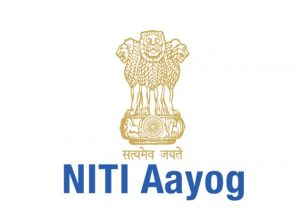
•The project “Decarbonising Transport in India” is a part of the International Transport Forum’s “Decarbonising Transport in Emerging Economies (DTEE)” family of projects. DTEE supports transport decarbonisation across different world regions such as Argentina, Azerbaijan, Morocco and India.
6) Niti Aayog forms panel to develop job platform for migrant labourers
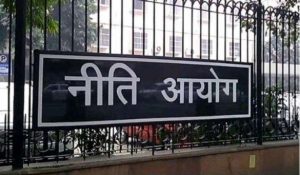
•The platform will connect job seekers, employers, government agencies, skill centres and external partners using new-age technologies like artificial intelligence and machine learning. The project would come up with a multilingual application that can be accessed via feature phones and help identify location-based jobs, skill development gaps.
•The panel has some prominent names from the industry including Reliance Industries President Kiran Thomas, Microsoft India President Anant Maheshwari, Tech Mahindra MD and CEO CP Gurnani, Google India country manager and vice president Sanjay Gupta, Bharti Airtel CEO Gopal Vittal, among others. As per estimates, there are over 40 crore workers in the unorganized sector accounting for around 30 per cent of India”s GDP and nearly 60 per cent of these migrant workers are either semi-skilled or unskilled who struggle every day to find the right job opportunity.
7) World Bank approves USD 1.05 billion to Bangladesh

8) Vijay Khanduja appointed India’s next Ambassador to Zimbabwe
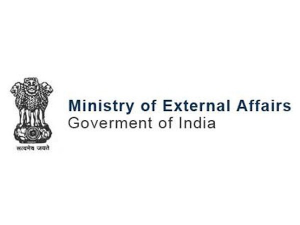
•Vijay Khanduja will replace R. Masakui as the next Ambassador of India to Romania.
9) U.S. Senate appoints Sethuraman Panchanathan as head of NSF
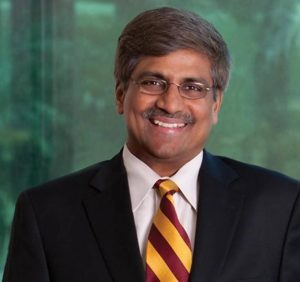
•Panchanathan is the second Indian-American ever to be nominated to the prestigious science position with the first being Dr Subra Suresh who served from October 2010 to March 2013. National Science Foundation is a top American body supporting fundamental research in non-medical fields of science and engineering.
10) RBI enhances withdrawal limit for PMC’ depositors to Rs 1 Lakh
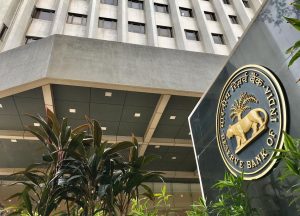
•RBI placed the PMC bank under All-Inclusive Directions under sub-section (1) of Section 35 A read with Section 56 of the Banking Regulation Act, 1949 with effect from close of business on 23rd September 2019, in the interest of depositor protection. These directives were applicable till June 22, 2020. But, due to lockdown on account of COVID-19 pandemic the resolution process of the bank was negatively affected. Hence, these directives has been extended by RBI for a further period of six months from June 23, 2020 to December 22, 2020 subject to review.
11) India attends 32nd virtual EAG plenary meet
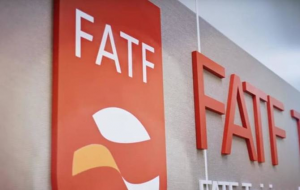
•The Eurasian Group on Combating Money Laundering and Financing of Terrorism (EAG) is a nine member regional body. The nine member countries of EAG are: India, Russia, China, Kazakhstan, Turkmenistan, Uzbekistan, Belarus, Kyrgyzstan and Tajikistan. The body is an associate member of the Financial Action Task Force (FATF).







